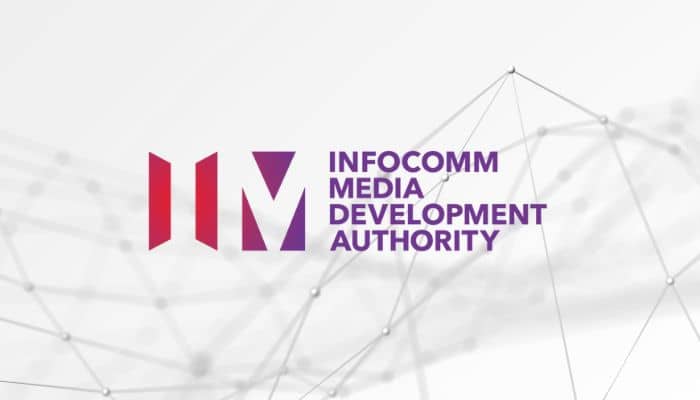Singapore – Singapore’s Infocomm Media Development Authority (IMDA) and Amazon have launched a strategic partnership as part of Singapore’s Digital for Life initiative. The partnership aims to improve Singaporeans’ essential digital skills, focusing on areas such as safe online shopping and Gen AI. Community workshops will be organised to deliver these educational initiatives, led by corporate volunteers from Amazon.sg, Amazon Payments, and AWS, with support from IMDA.
Amazon and IMDA have partnered to co-curate community workshops, building on IMDA’s Digital Skills for Life (DSL) competencies, which include “Transact Online” and “Be Safe, Smart, and Kind Online” content. The goal of these workshops is to teach Singaporeans of all ages—from young children to elderly people—safe and secure internet payment methods.
In addition to community workshops on secure online buying and transactions, Amazon Web Services (AWS) will conduct workshops as part of the Digital for Life campaign in conjunction with IMDA. These workshops seek to educate Singaporeans about generative artificial intelligence (Gen AI) and emerging technologies, emphasising their practical applications and advocating responsible use.
The first AWS community workshop on generative AI was held in June 2024 with Singapore’s National Library Board, teaching attendees spanning from primary school students to seniors how to apply AI models to construct an application. These efforts support the AWS AI Spring Communities program, which focuses on AI-powered community development and is part of AWS’s recently announced flagship program, AWS AI Spring Singapore. AWS AI Spring will teach 5,000 people in AI capabilities annually from 2024 to 2026.
Amazon has donated S$100,000 to the Digital for Life Fund to pursue the movement’s goals. The Singapore Government will match this donation dollar for dollar to promote digital literacy and wellbeing, as well as digital technology and inclusion efforts for vulnerable populations.
In line with the Amazon and IMDA partnership, Amazon and IMDA’s engagement comes after Amazon.sg received the highest possible grade for the third consecutive year in April 2024 in Singapore’s E-Commerce Marketplace Transaction Safety Ratings (TSR). Amazon Singapore has just joined the newly created Global Anti-Scam Alliance’s Singapore chapter as Vice-Chair, collaborating across industries to safeguard Singaporean consumers from criminal actors.
Amazon aims for a world where people can live confidently and without worrying about becoming victims of scams that may be created by working with governments and businesses from all around the world. Amazon is keen to collaborate with others in order to map out a path to accomplish this goal.
According to the Singapore Police Force (SPF), frauds and cybercrime remain a big threat. In their 2023 brief, SPF noted that the number of scam and cybercrime cases climbed by 49.6% from the previous year. The survey also found that 73.0% of scam victims were teenagers, young people, and adults under the age of 50, emphasising the significance of teaching these demographics on how to protect themselves from bad actors and learn about safe online purchasing and new technologies.
Speaking about the partnership, Doreen Tan, assistant chief executive (strategic planning and digital readiness) of IMDA, said, “As the digital space evolves, we recognise the importance of equipping Singaporeans with the tools and skills to stay safe online. Our collaboration with Amazon builds on IMDA’s Digital Skills for Life competencies, which cover learning to transact securely and being savvy and kind online. We welcome more partners to join us in the Digital for Life movement, to build a more inclusive society where no one is left behind and everyone can enjoy the benefits of the digital age.”
Meanwhile, Josen George, general manager, Amazon APAC, stated, “Widespread education and collective action are critical armors in our fight against scams. As technology advances, bad actors will continue to find new ways to take advantage of communities. We must strive to be a few steps ahead of them by working together, sharing our knowledge, and creating a safe environment for day-to-day activities online. Amazon – including teams from Amazon.sg, Amazon Payments and AWS, is proud to work closely with IMDA to further educate Singaporeans about safe online shopping and safe transactions using digital payment methods such as PayNow, as well as sharing the benefits and responsible use of new technologies such as Gen AI. Safety is the top priority in everything we do at Amazon.”










